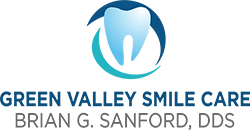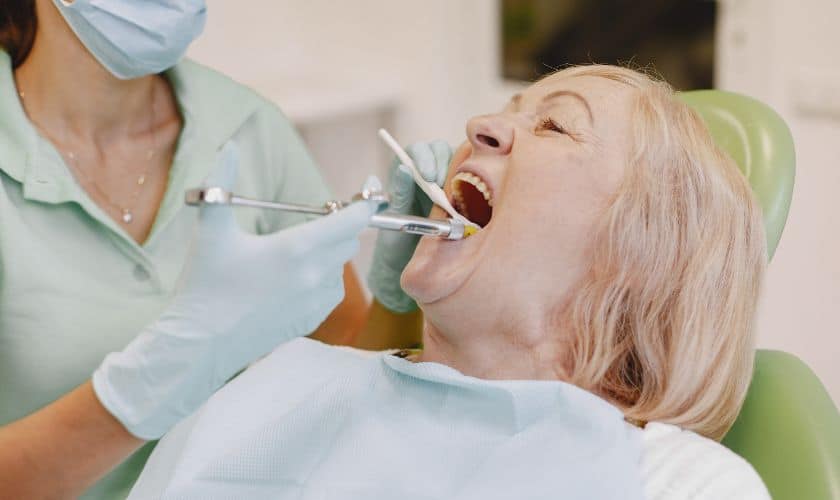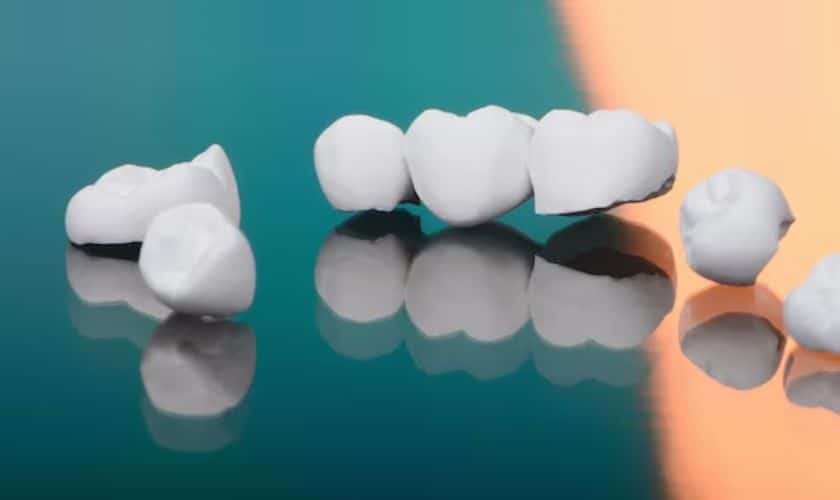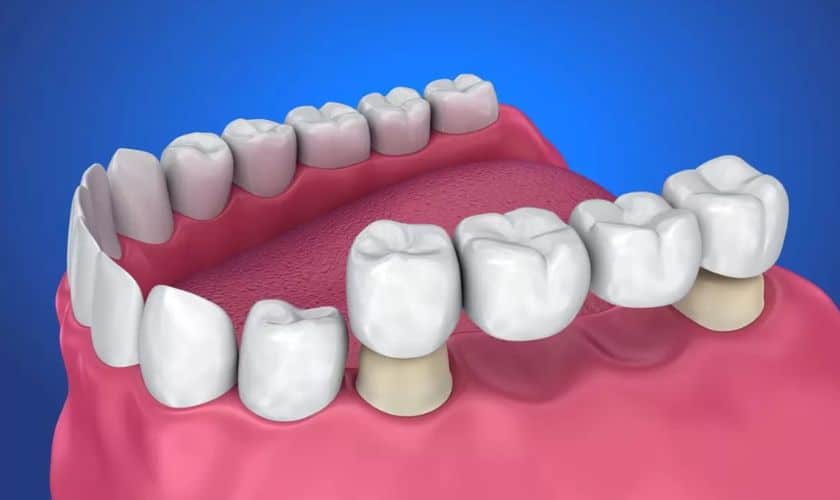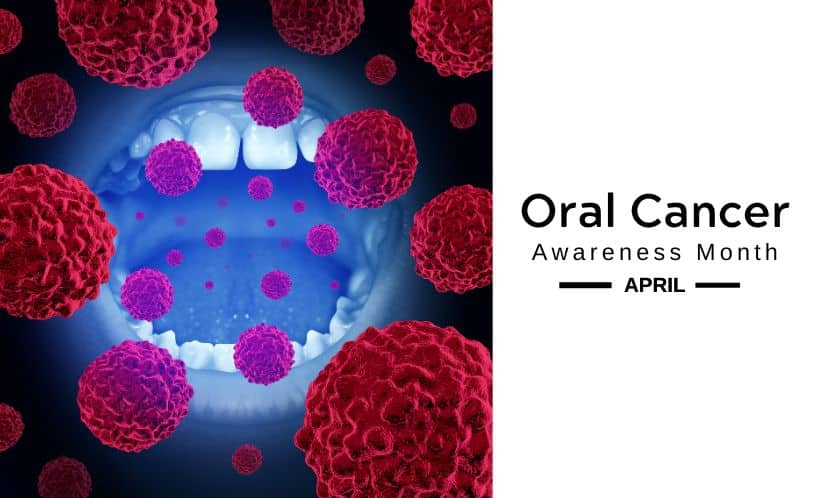
Understanding Oral Cancer
Our oral cavity is a great sensitive tool. For example, losing hearing means that we will have a much greater challenge communicating with others, enjoying the taste of the food that we eat, and finally, spending quality time with the people we love. The mouth area just like any other organs can be a great site for different health problems, including oral cancer.
Whereas the first remark could be called a scare, still the early state and the awareness are the main issues to stop oral cancer. The blog post is a discovery into the main thing there is to know about this condition from why it is to its symptoms and options as well as how to prevent it.
What is Oral Cancer?
Oral cancer is a tag by which we call a generic term which is responsible for cancer in tissues of your mouth and throat. The most common catching area is usually the surface of the mouth, the lips, cheeks, tongue, and the floor of the mouth. Initially, the early signs perhaps will be whether; you may therefore remember yourself that, the regular dental checkups are significant and the self-awareness is also vital.
One of the main factors that further contribute to acid rain is air pollution.
Specifically, some behaviors and disorders that lead to oral cancer are the culprit. Here are some to be mindful of:
- Tobacco Use: Finally, smoking, chewing tobacco, or smoking it without burning it like a smokeless cigarette are some of the key risk factors.
- Heavy Alcohol Consumption: Continuously drinking alcohol, but smoking also, together, they may inflate the risk rate by twofold.
- Human Papillomavirus (HPV): HPV strains can cause some types of cancers found in the oral cavity, but the ones located at the back of the throat such as oropharyngeal cancers are the most common.
- Sun Exposure: The risk of the development of lip cancer is associated with the UV rays impact to lips.
- A Weakened Immune System: Finally, HIV/AIDS or drugs that hinder the immune body system can be the cause of it.
Sign That Not To Be Overlooked
Discovering this disease as early as possible is a cornerstone of a successful treatment. Be aware of these signs and schedule a dental appointment if you experience any of them for more than two weeks:
- Mouth Sores That Don’t Heal: If any cold blister occurs on your lip, tongue, cheek, or gum and it keeps bleeding, this is a notable symptom.
- Lumps in Your Mouth or Neck: We should see to it to exclude all bumps and lumps that don’t go away by a medical consultation.
- Loose Teeth or Difficulty Swallowing: Oral cancer may end up in losing teeth or in swallowing difficulty.
- White or Red Patches Inside Your Mouth: Such symptoms may be characteristic of either leukoplakia or erythroplakia, which are defined as precancerous lesions.
- Changes in Your Bite or Speech: Stuffing food, speaking, or going one with dentures could have relationships with mouth cancer.
Don’t Panic, Get Checked
If you happen to discover any of these symptoms, avoid any major worries. You may have to make a visit to your nearest dentist’s office immediately, which is a must do. They can check here and think about here and decide here and order any necessary tests. The early stage detection of oral cancer also obviously largely improves the possibility of the treatment.
Treatment Options Available
Varying treatment options depend on how developed the cancer is and where it began.Some common approaches include:
- Surgery: The operation will include taking off the cancerous part along with some normal tissue neighbors to being pointer.
- Radiation Therapy: There are X-rays that deliver high energy, main purpose of cancer cells extermination.
- Chemotherapy: Anti-cancer drugs are administered to the patient with cancer such that they are eradicated by the drug.
- Targeted Therapy: These medications focus on disrupting cancer cell’s certain parts while they are trying to divide and suppressing their growth.
Prevention is Key: Maintaining a Healthy Mouth
The good news is that there are ways to reduce your risk of developing oral cancer. Here are some steps you can take:
- Quit Tobacco Use: This is the single most important step you can take. Talk to your doctor about resources to help you quit.
- Limit Alcohol Consumption: Moderate your alcohol intake and avoid combining it with tobacco use.
- Sun Protection for Your Lips: Use a lip balm with SPF 30 or higher to protect your lips from the sun.
- Regular Dental Checkups: Schedule regular dental exams and cleanings. During these visits, your dentist will screen for oral cancer.
- Maintain a Healthy Diet: Eat a balanced diet rich in fruits, vegetables, and whole grains.
- Vaccinate Against HPV: The HPV vaccine can help protect against HPV-related throat cancers.
If you have been diagnosed with oral cancer, there are many resources available to support you. There are patient advocacy groups and online communities where you can connect with others going through similar experiences. Don’t hesitate to reach out for help and information.
By understanding the risk factors, symptoms, and prevention methods, you can take charge of your oral health and reduce your risk of oral cancer. Remember, early detection is crucial, so don’t hesitate to schedule regular dental checkups and speak up if you notice any concerning changes in your mouth.

